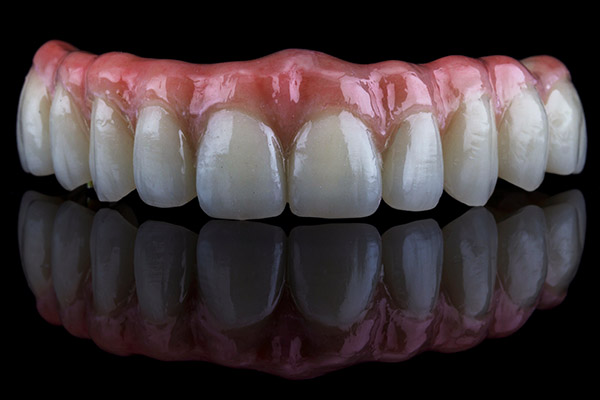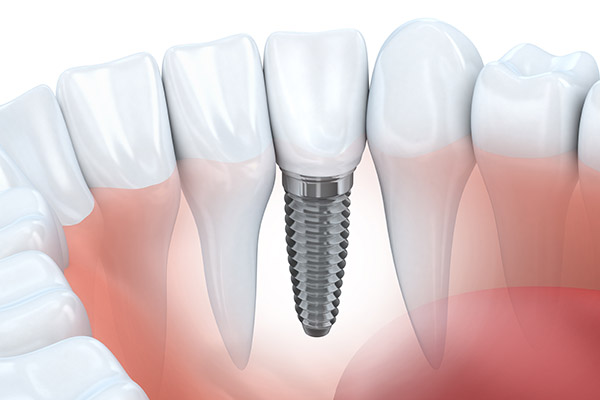What a General Dentist Does to Promote Gum Health

There are many ways that a general dentist can promote gum health. Your gums play an important role in supporting your teeth and providing a barrier against harmful bacteria, so it is critical that they remain healthy and strong. Keeping your gums healthy can also help prevent tooth loss and decrease heart attack risk. The plaque and tartar on your gums can also accumulate in your arteries, which can cause a heart attack. Maintaining healthy gums also combats bad breath, tooth decay, and gum disease. Let's take a closer look at the importance of gum health and what it means for your overall oral well-being.
Professional dental cleaning
Never underestimate the value of professional dental cleaning. Your first professional cleaning includes removing all traces of plaque, tartar, and bacteria. This procedure is known as scaling and root planing. Scaling will remove tartar and bacteria from the surfaces of your teeth and beneath your gums. Root planing will remove the bacteria produced by inflammation, smooth the root surfaces, discourage the further buildup of tartar and bacteria, and allow proper healing. Your dentist may use instruments, a laser, or an ultrasonic device to perform the procedure.
Dental restoration (if needed)
Dental restoration refers to getting your teeth back to proper function. Misaligned teeth or dental crowns, bridges, or other dental restorations that fit poorly may irritate your gums and make it harder to remove plaque during daily brushing and flossing. If there are problems with your teeth or dental restorations that contribute to your gum health issues, your dentist may recommend fixing these problems.
Ongoing care
In some distance, you may benefit from ongoing dental care. Gingivitis and other gum health issues usually clear up after a thorough professional cleaning, but you must also implement good oral hygiene habits into your daily routine at home. Your dentist can help you plan an effective at-home dental care program and a schedule of regular professional checkups and cleanings.
If you stay consistent with your oral hygiene at home, you should see your gums return to a healthy pink color within days or weeks. Some good habits to keep in mind are regular flossing, brushing, and the use of mouthwash. Remember to use soft-bristle brushes and ensure that your toothpaste includes fluoride. Ask your dentist about any other hygiene habits you should have that are specific to your dental needs.
Important discussions
There is an important conversation for you to have with your dentist during your routine visits. It's a good idea to be prepared for this talk so that you know what to consider as well as what questions you may have for him or her.
Your dentist will ask you questions, such as:
- When did symptoms of your gum health issues start?
- Have your symptoms been occasional or continuous?
- How often do you brush your teeth?
- How often do you floss your teeth?
- How often do you see a dentist?
- What medical conditions do you have?
- What medications, vitamins, and supplements do you take?
There are also some questions that you should be asking your general dentist:
- Do you think gingivitis is the cause of my symptoms?
- Do I need any tests? What kinds of tests?
- Will my insurance cover the treatments you are recommending?
- What are the alternatives to what you're suggesting?
- What can I do to keep my gums and teeth healthy?
- What kind of toothpaste, toothbrush, and dental floss do you recommend?
- Should I use mouthwash?
- Are there any dietary or activity restrictions I need to follow?
- Are there any websites or brochures I can go to for resources?
It's important to have good communication with your dentist so that you are both on the same page regarding your oral health and treatment plans. Be prepared to discuss your oral health in-depth and provide as much feedback as possible. Doing so will ensure that you get the best treatment possible and that your teeth are kept healthy well into the future.
Where to begin to promote gum health
These are the thing your general dentist can do to help you manage gum health issues. It's important that you visit your dentist twice per year, and that you also let them know about any changes in your oral health in-between visits. Be sure to ask your dentist any questions you may have, such as the ones listed above. This will go a long way in promoting high-quality oral hygiene practices.
Request an appointment here: https://atlantapamperedsmiles.com or call Pampered Smiles at (404) 891-9489 for an appointment in our Atlanta office.
Check out what others are saying about our dental services on Yelp: General Dentist in Atlanta, GA.
Recent Posts
Are you new to the Atlanta area? Choosing a new general dentist is an important decision that can impact your long-term oral health. This dental professional provides preventive care, diagnoses dental issues, and performs essential treatments, making your dental provider an essential part of a comprehensive healthcare team.A general dentist serves as the primary care…
General dentists spend a significant portion of their time performing preventative dental treatments. These treatments reduce the odds of common dental issues, like tooth decay and gum disease, from developing in the future. Preventative care saves patients time and money by making it less likely that they will develop severe dental problems that call for…
Fluoride is a preventative measure that your general dentist uses to help protect your teeth between visits. It is also an ingredient in toothpaste that can give added protection. One of the most hotly debated topics surrounding toothpaste and tooth brushing is whether or not you should be using toothpaste that contains fluoride. Using toothpaste with…
A broken tooth might not seem like a big deal if it is only a minor break, but it still requires treatment. This is because broken teeth cause more damage than simply ruining the appearance of a person’s smile. The damage typically removes portions of the outer surface of teeth, called enamel, which protects the…


